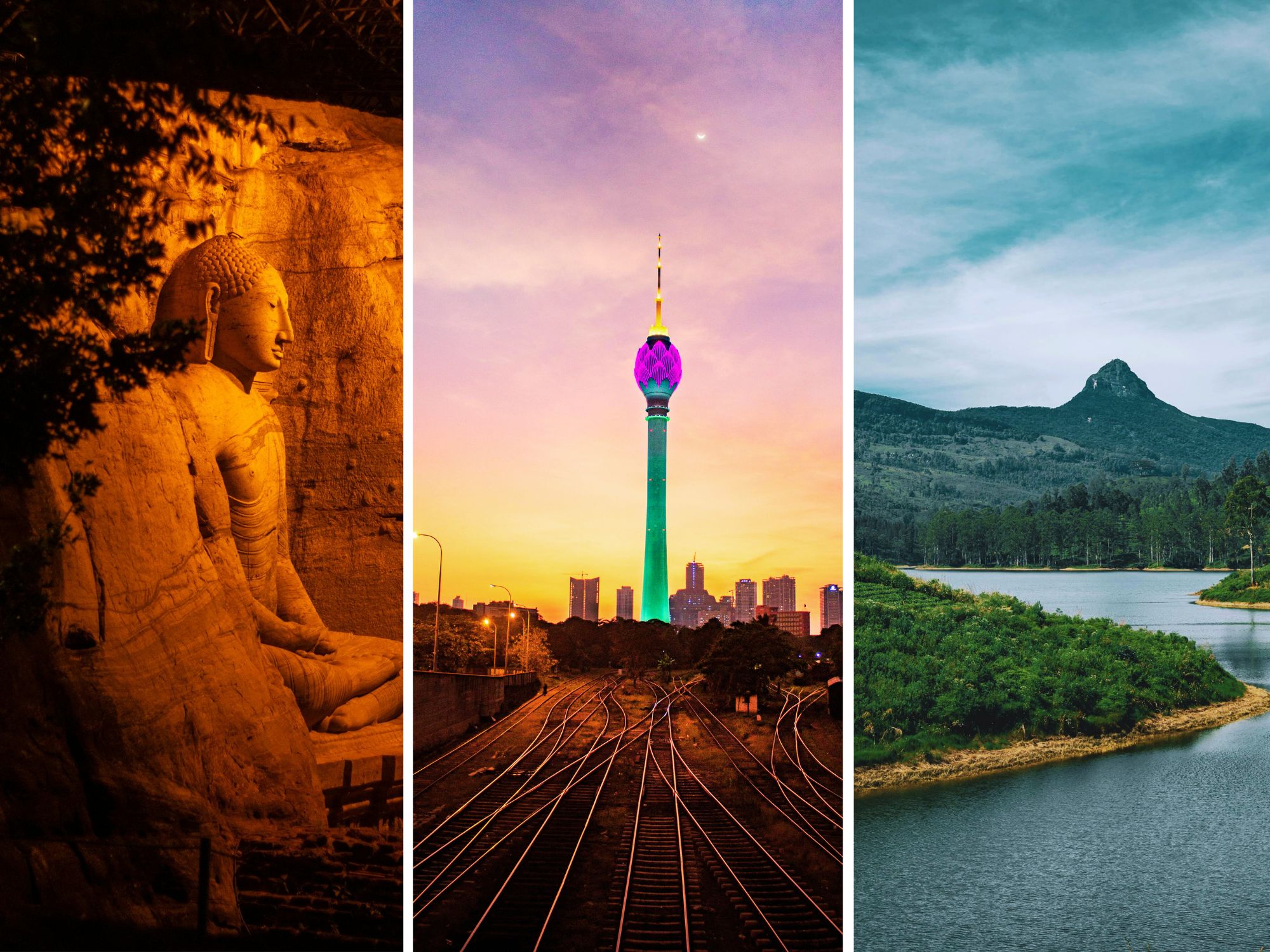
Yes, it is. As of January 2025, Sri Lanka is observed as a safe destination for travelers, considering that many tourists enjoy their visits all over the Island without any incident reported. With basic care, devotion to local advice, and awareness of cultural standards, travelers can feel safe exploring Sri Lanka’s varied attractions. The island welcomes visitors, ensuring safety and promising vibrant experiences from lively cities to tranquil coastal towns and lush uplands.
Sri Lanka’s main cities, such as Colombo, Kandy, and Galle, are recognized for moderately low crime rates, and locals are often friendly and welcoming to travelers. However, it’s sensible to avoid walking alone late at night in less crowded areas that are poorly lit. Staying attentive and taking basic safety measures is recommended to ensure a secure experience during your visit to Sri Lanka.
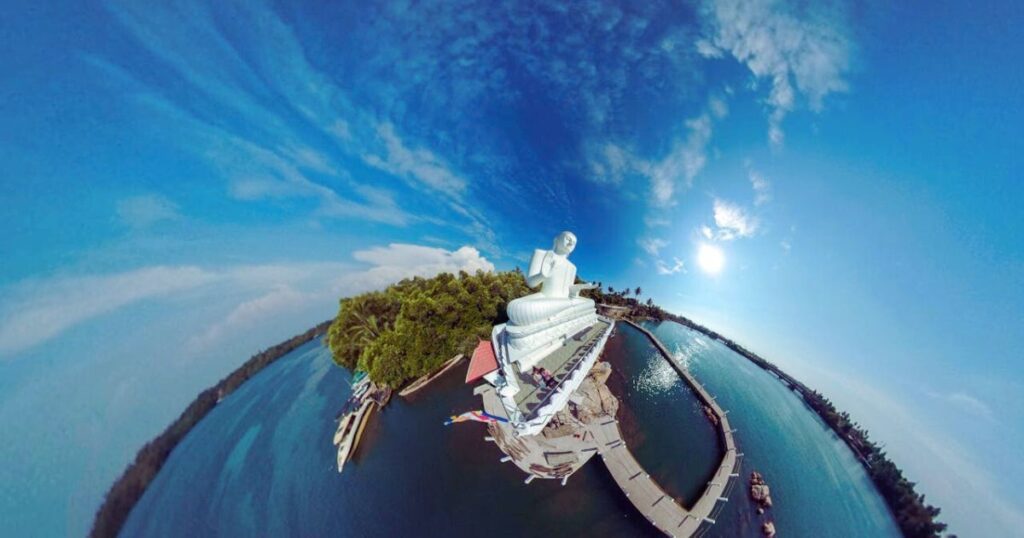
Nevertheless, there are a few concerns brought up here that may influence your travel plans to Sri Lanka.
Political and Economic Constancy:
Sri Lanka has made momentous developments in stabilizing the political and economic landscape of the country following the challenges of recent years. The effective implementation of reforms and international backing has contributed to a more secure setting for both residents and as well as who come to visit the island.
Terrorism and Security Concerns:
While the overall safety condition has improved, in October 2024, Sri Lanka experienced heightened security alarms due to a terrorist threat. This was potentially targeting locations crowded with tourists, like hotels, tourist spots like Arugam Bay and South and West coastline, and places of worship. Travelers are instructed to remain attentive and stay informed about the local security situation. At the time, security measures were finely tuned, including increased police attendance, enhanced observation, and more strict checks in public areas.
Update by now: While no major cases befallen following the security warnings, the situation recovered to normal but stressed the importance of caution and staying updated on local media networks to get aware of anything existing or possibly taking place. Make sure you pay close attention to your security.
Crime Reports:
Just minor crimes are possible like pickpocketing and bag-snatching, particularly in crowded areas. To stay harmless, safeguard your belongings and avoid exposing valuables if you have any. Travelers should also be alert to risks such as drink spiking and credit card scams.
Natural Disasters:
Sri Lanka experiences 2 main seasonal monsoon rains; the Maha season, influenced by the northeast monsoon (September to March), and the Yala season, shaped by the southwest monsoon (May to August), which can make space for flooding and landslides, mainly during the southwest monsoon season from May to August.
In last year, 2024, major flooding affected some parts of the island, reporting a high number of victims and displacement. Travelers should be aware of the weather forecasts and plan their visits accordingly. Make sure you avoid areas disposed of by natural disasters.
Health, Hygiene and Safety Measures:
Make sure that you have all-inclusive travel insurance and are up-to-date with routine vaccinations. It’s also sensible to check for any health advisories connected to Sri Lanka before your visit and monitor media updates.
Access to healthcare amenities may be quite limited in rural regions. Ensure you carry the required medications in addition to the travel insurance. Stay careful about food and water sanitization to sidestep possible illnesses like food poisoning.
Travel Advisories:
Different nations may have varying travel advisories for Sri Lanka. For example, the Canadian government advises working out a high degree of care due to protests, the threat of terrorist attacks, and crime possible.
Visa Regulations:
Sri Lanka has presented a six-month visa-free initiative effective from October 2024, for visitors from about 7 countries. This allows visitors to stay for up to 30 days. This is a step forward to upturn tourism and make travel to Sri Lanka more comfortable for visitors.
Local Customs, Cultural Sensitivities and Laws:
Make clear yourself with local customs and laws to make sure you are courteous and lawful during your stay. For instance, same-sex relations are illegal in Sri Lanka and should be avoided in public displays of affection.
Sri Lanka is a Buddhist country in the main with strong cultural ethnicities. Any disrespect to religious sites or customs may cause legal concern. Dressing modestly when you are visiting religious sites is appropriate and mandatory in some places like the Sacred Temple of the Tooth. Ensure you avoid photographing religious symbols if no permission is allowed.
Wildlife and Nature Threats:
When you are exploring national parks or rural areas especially when taking walks, watch out for serpents, leeches, and other flora and fauna.
Make sure you follow the guidance of each park administrator and strictly avoid feeding or irritating animals.
Beach Safety:
Many beaches in Sri Lanka are likely to give strong currents and rip tides. With lifeguards not always accessible it is vital to swim only in safe areas that are titled and follow local warnings for your protection.
Road Safety:
Driving in Sri Lanka can be fairly challenging due to random traffic behavior, narrow roads, and changing road conditions. If you are planning to rent a vehicle in Sri Lanka, confirm you have the fitting licenses or better consider contracting a driver who is used to local traffic patterns in the country.
Let us reassure you!
While Sri Lanka is warmly open to tourists promising an amusing cultural and natural experience, it is necessary to stay learned about current measures of the country, obey local advisories, and work on the standard travel precautions to ensure a safe and enjoyable journey in this mesmerizing island.

Sri Lanka is reflected as a safe destination for families, individuals, and solo women tourists alike. The best time to visit Sri Lanka can be varied due to tailored travel plans and activities but it said best between December to mid-April experiencing the lowest rainfall and pleasant climate.
Make sure you consider travel advice in Sri Lanka and make your stay comfortable and safe by exploring its vibrant city colors, golden sandy beaches, and lush countryside.
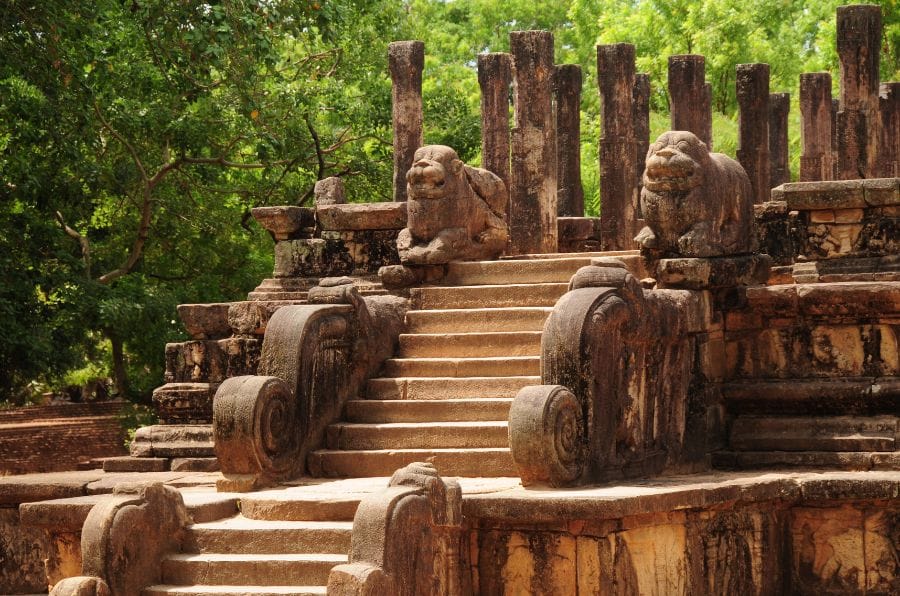
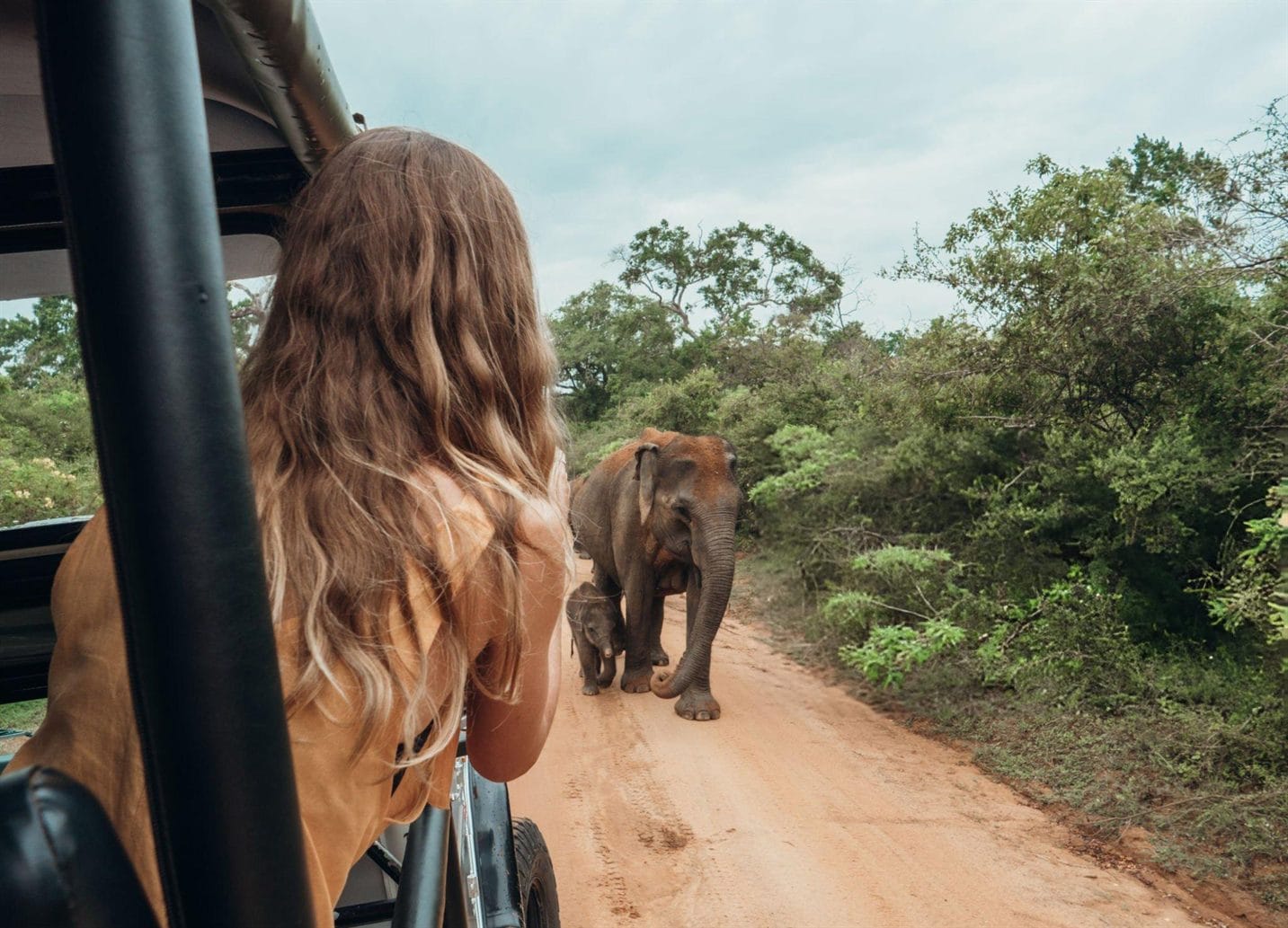
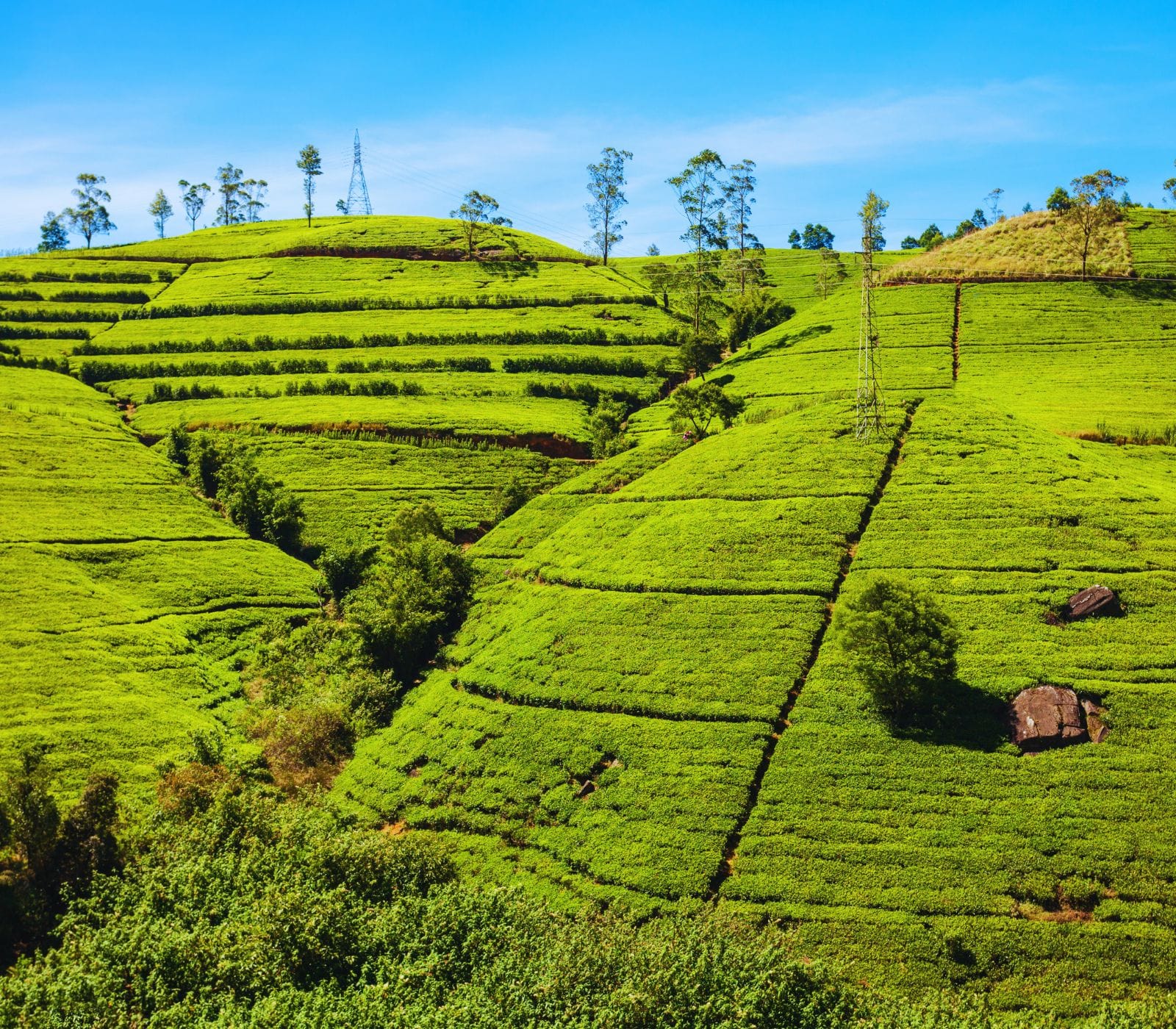
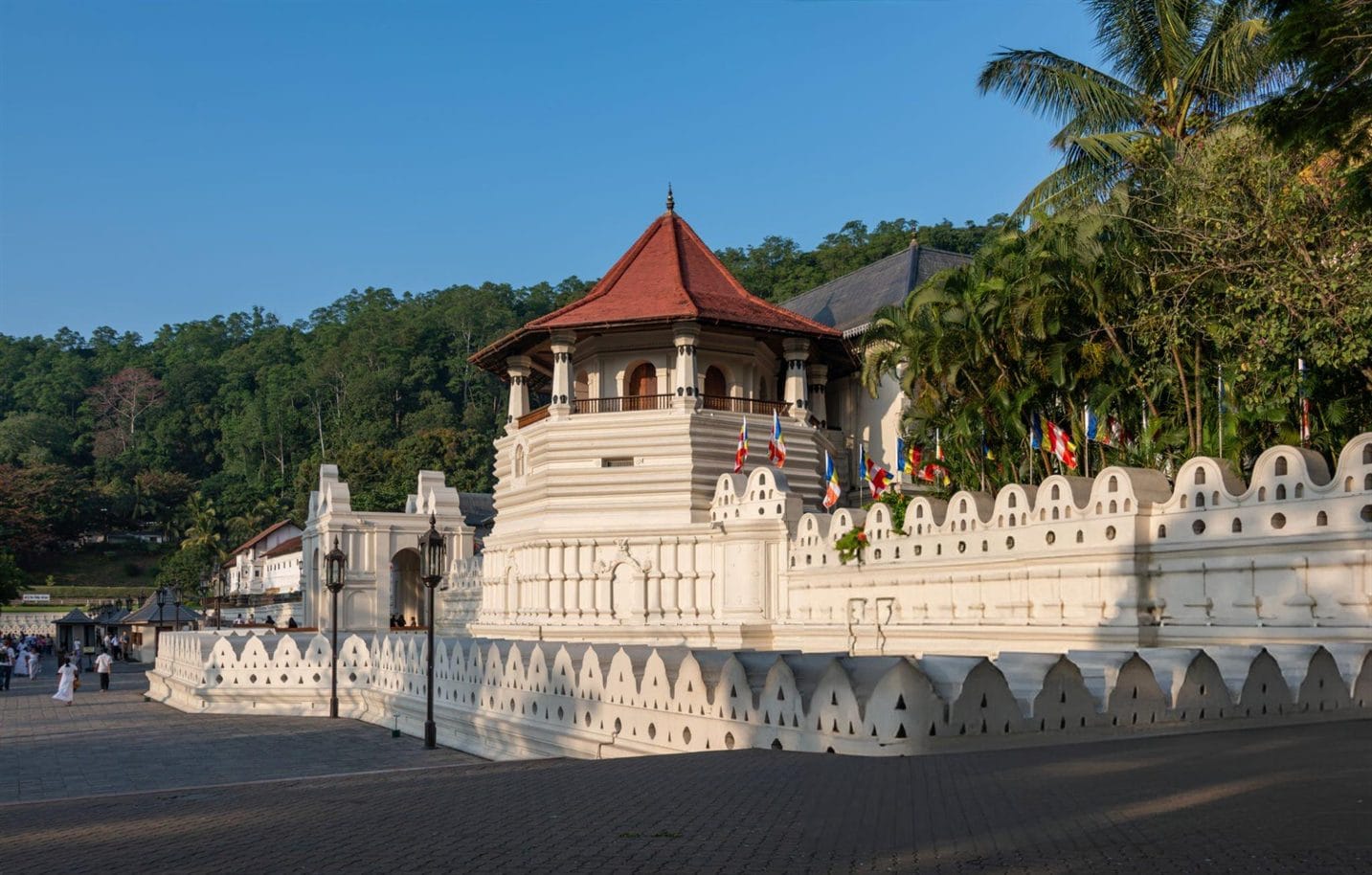
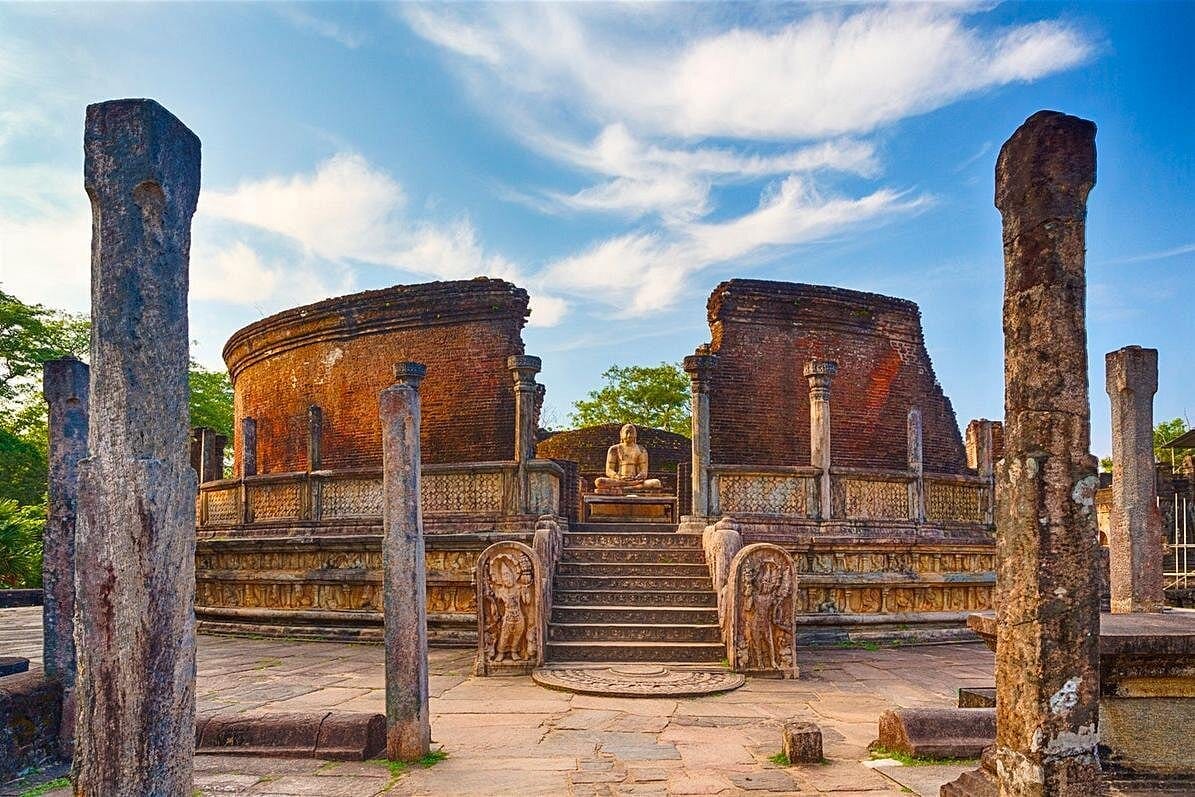



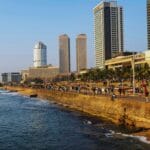




Leave a comment: